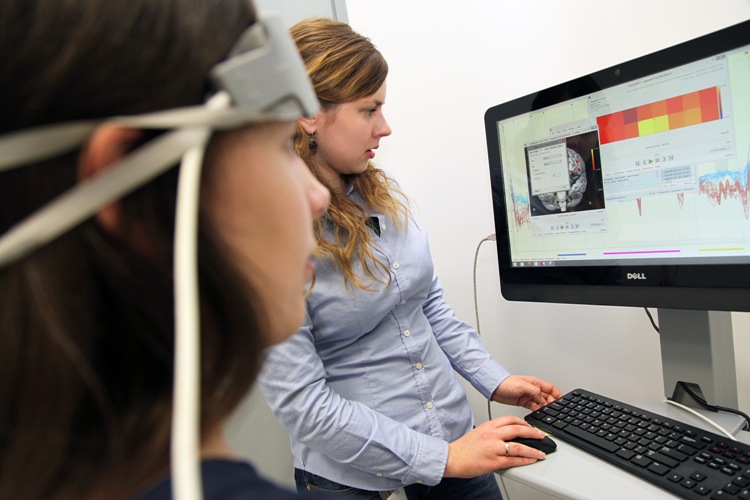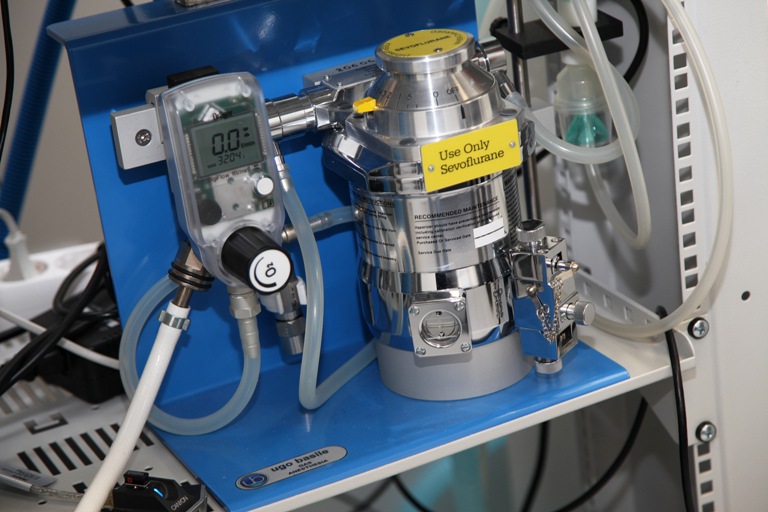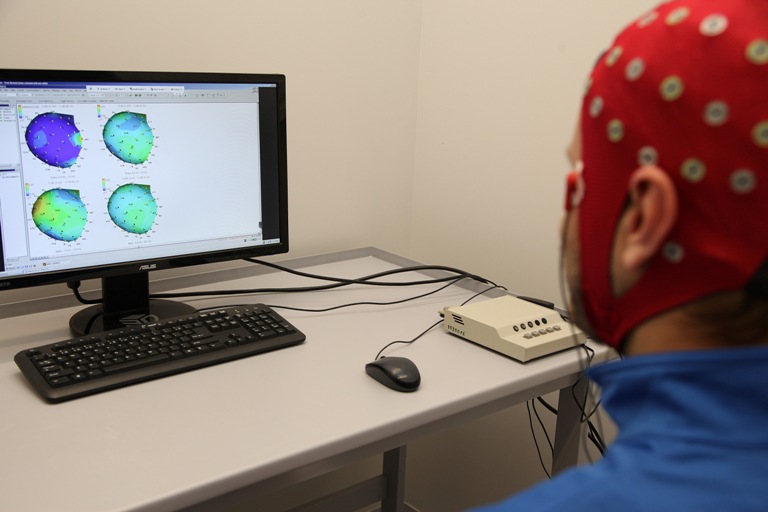The goal of this programme is to educate specialists for independent work in research and education in areas of neurosciences, electrophysiology, psychopharmacology, etc.
- Key learning outcome:
A holder of Master’s degree in Neurobiology has good knowledge of the general principles of structure, function and pathology of nervous system, is able to study the latest neuroscience related literature, to identify and analyze neuroscience related problems and knows the scope of application, advantages and disadvantages of modern scientific and clinical investigation techniques. A graduate is able to work individually and in team, transfer knowledge to professionals and nonprofessionals, be able to identify own scientific interests in a context of modern life science, to learn continuously, improve and update knowledge and skills.
- Career opportunities:
Master of Science in Neurobiology can work at biotechnology industry, research and development, education, medical institutions, private and public agencies where knowledge, technologies and equipment in a field of neurobiology and live sciences are applied, created or traded.
- Access to further studies:
Analytical knowledge could be improved in doctoral studies in the fields of life sciences.








